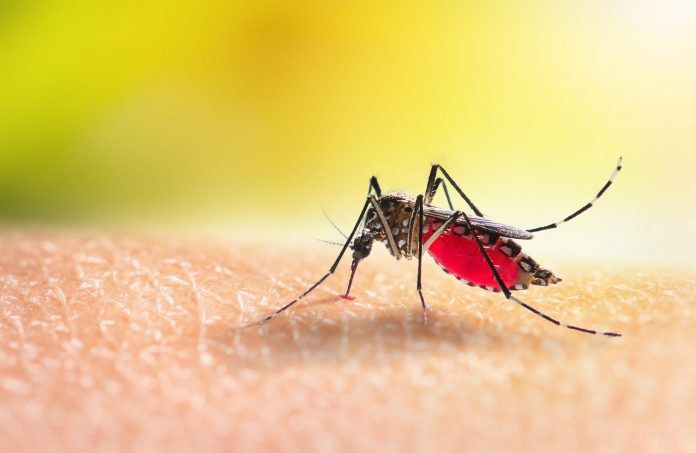The RTS,S/AS01 malaria vaccine was approved by the World Health Organization on Wednesday, making it the first vaccination against the mosquito-borne disease that kills over 400,000 people each year, largely African children.
The decision was taken after an evaluation of a pilot program that has been running in Ghana, Kenya, and Malawi since 2019 and has handed out over two million doses of the vaccine, which was first developed by the pharmaceutical company GSK in 1987.
The WHO announced it was “recommending the widespread use of the world’s first malaria vaccine” after analyzing evidence from those nations, according to Tedros Adhanom Ghebreyesus, the agency’s director-general.
Children in Sub-Saharan Africa and other regions with moderate to high malaria transmission should receive four doses up to the age of two, according to the WHO.
According to UNICEF, a kid dies of malaria every two minutes.
According to WHO estimates from 2019, more than half of malaria deaths occur in six Sub-Saharan African countries, with Nigeria accounting for over a quarter of all deaths.
Fever, headaches, and muscle discomfort are common symptoms, followed by chills, fever, and sweating in cycles.
According to Kate O’Brien, Director of WHO’s Department of Immunization, Vaccines, and Biologicals, the vaccine “substantially reduces severe malaria, which is the lethal variety, by 30%.”
Gavi vaccine alliance said in a statement after the WHO announcement that “global stakeholders, including Gavi, will consider whether and how to finance a new malaria vaccination program for countries in sub-Saharan Africa.”
The fight against malaria received a boost in April when researchers from Britain’s Oxford University announced that their Matrix-M vaccine candidate had become the first to surpass the WHO’s threshold of 75-percent efficacy.
Germany’s BioNTech, which developed a coronavirus vaccine with US giant Pfizer, also said it aimed to start trials for a malaria vaccine next year using the same breakthrough mRNA technology.
